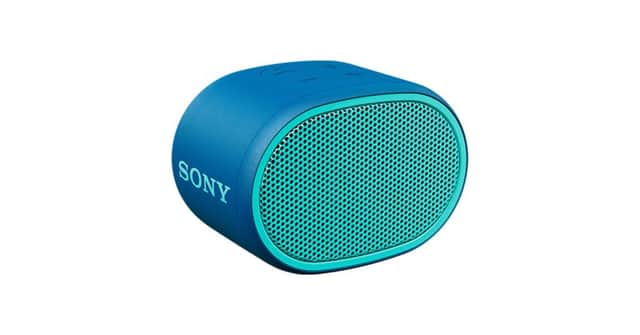Happy 25th anniversary, DAB radio... and rest in peace


It was Terry Wogan, on his old breakfast show on Radio 2, who ushered in the new era. As he went on the air one cold morning, BBC engineers flicked a switch that took his soothing tones not just through the ether on FM and the medium wave, but also broke it down into binary code.
However, with hardly any digital radios in the shops and the few that were available costing up to £2,000, he was shouting into the wind. It would be another two years before the appearance of the Pure Evoke 1, the first receiver that could be had for less than £100, and several more before in-car listening became possible.
Advertisement
Hide AdAdvertisement
Hide AdThe BBC believed it would be only a matter of time before the new format would supplant the old. But it hasn’t yet and probably never will.
Digital Audio Broadcasting, or DAB, has its roots in Germany in the early 1980s, but it was and remains a peculiarly British development – an Austin-Healey in a world of hybrid Nissans. No other country has adopted it in the same way, and neither its reception nor its audio quality can match that of old-fashioned FM.
True, we have the world’s biggest digital radio network, with more than 250 commercial stations and 34 BBC streams covering the country. But around half of all listening is still on analogue receivers, and the BBC confirmed last year that it would continue to use FM for the foreseeable future.
Meanwhile, much of the rest of Europe has switched over to a newer and more advanced system called DAB+, which is incompatible with most digital receivers in the UK.
Advertisement
Hide AdAdvertisement
Hide AdAt the same time, listeners are abandoning physical radios altogether in favour of catch-up and podcast services.
Young people in particular, for whom music radio was invented, have migrated en masse to Spotify and other streaming services, where they can make their own music playlists, free of interruptions from a disc jockey.
Those who want light music, news and The Archers in the kitchen need not buy a DAB radio either because the phones in our pockets do the same job, and with rather more flexibility. The corporation’s own radio app, BBC Sounds, and third-party alternatives like Tune-In Radio, can access more stations than a standalone receiver and also play many programmes retrospectively, like an audio iPlayer.
If the sound from your phone isn’t loud enough, you can pair it with a rechargeable Bluetooth speaker small and light enough to carry around with you. These can be had for less than £10, and £20 will buy you the excellent-sounding Sony SRS-XB01, which is just a smidgeon bigger than 3in across.
Advertisement
Hide AdAdvertisement
Hide AdDAB receivers are, however, becoming more commonplace in cars, and if you enjoy the accompaniment of digital only stations like Radio 4 Extra, you may be tempted by one. But here, too, there are alternatives. Apple and Android systems that hook up to your phone replace both the radio and the sat nav, and bring Spotify and your other apps to your dashboard.
What’s more, the popularity of podcasting – a world beyond the reach of DAB – has put the argument for internet-based reception beyond question. Even the BBC’s own podcasts must be accessed from its app, not from the radio on the kitchen shelf.
All of which explains why there will be few programmes marking the silver anniversary of the digital revolution this year. Except perhaps, if you’re in the habit of listening to Last Word, on Radio 4.